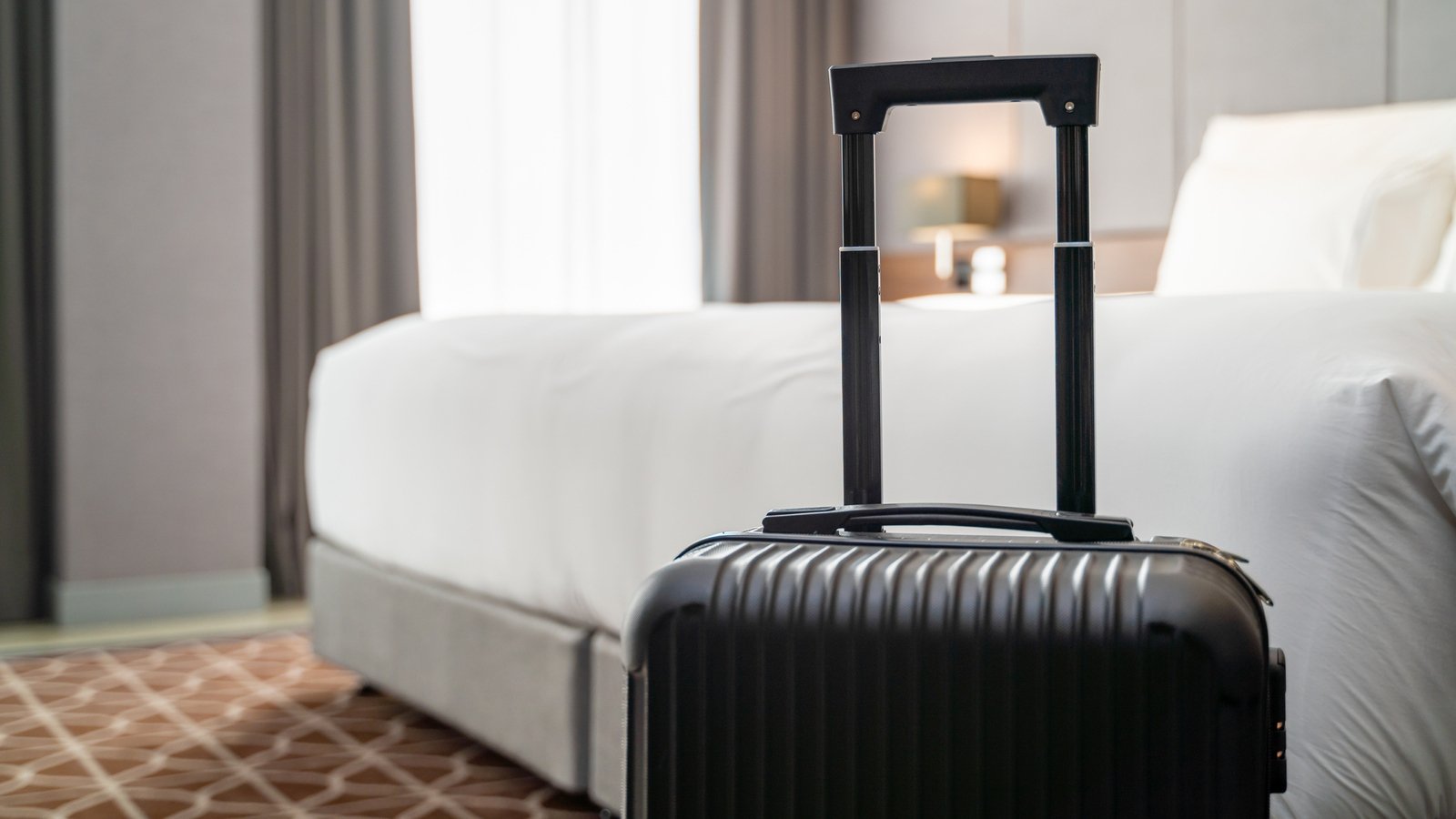Jobs
71 restaurants closed in February, with 1,500 jobs lost

Up to 1,500 jobs were lost in the restaurant sector last month, as a result of rising costs facing the industry.
That’s according to the Restaurants Association of Ireland, which said that 71 restaurants, cafés and food based firms closed in February, each with an average of 20 to 22 employees.
It comes on top of a further 280 similar closures over the second half of last year, RAI public affairs executive Adam Hallissey said.
He was speaking at an event this morning where a new report, which claims that State-induced employment support measures will increase payroll costs for the tourism sector by €456m this year, was published.
Between now and 2026, the cost of the policy changes for the industry, which employs nearly 285,000 people, could be up to €1.4 billion, the report finds.
“Such an increase in payroll costs, above and beyond regular wage trends, for an industry that is facing so many challenges would be very damaging to the industry in the absence of mitigating measures,” the report says.
The figures are based on a recent assessment by the Irish Government Economic and Evaluation Service that the Government driven changes would add 6.6% in payroll costs in the hospitality sector this year an 19.6% by 2026.
The study was carried out by economist Jim Power, on behalf of the Irish Tourism Industry Confederation (ITIC), amid concerns about the increasing cost of doing business facing operators in the sector.
The State-induced measures include a 12.4% increase in the National Minimum Wage in January, statutory sick pay changes, the move towards a living wage by 2026, parental leave changes, the extra bank holiday, higher PRSI and pension auto-enrolment.
They come on top of already higher energy costs, higher food prices, labour shortages, the increase in the VAT rate and other input costs, the report claims.
The report says the increase in VAT from 9% to 13.5% was also estimated by the Department of Finance to be quantified at €750m annually – an extra cost the industry has had to absorb.
While Fáilte Ireland has previously estimated that the cost to the wider tourism industry of hotels and guesthouses being used by the State for emergency accommodation is €1.1 billion.
“The net result is that the operating environment for many businesses in the tourism and hospitality sector is becoming very challenging; margins are being squeezed; and the viability of many businesses is being threatened,” the analysis claims.
The report says it is imperative for the tourism and hospitality sector that Government moves as quickly as possible to mitigate the costs imposed by the raft of state-induced labour-market measures being imposed on business now.
We need your consent to load this rte-player contentWe use rte-player to manage extra content that can set cookies on your device and collect data about your activity. Please review their details and accept them to load the content.Manage Preferences
Speaking on RTÉ’s Morning Ireland, ITIC CEO Eoghan O’Mara Walsh said there was no objection to the measures introduced by Government, but the industry needed support in absorbing their impact.
“I don’t think anyone has an issue with paying staff a good wage – it’s a very high cost of living environment we’re in,” he said. “[This report] outlines what we would say is the disproportionate impact new labour measures are having on the tourism and hospitality sectors.”
He said the Budget 2024 supports focused on the cost of doing business did not go far enough to address the problem facing firms.
He also said that, while larger companies may be able to raise prices to counter higher costs, most tourism firms did not have that luxury.
“Tourism and hospitality businesses, by their very nature, are labour-intensive, are capital-investive, have very thin profit margins,” Mr O’Mara Walsh said. “The vast majority of businesses, particularly in regional Ireland, are SMEs, they have very thin profit margins.
“So when you have this much additional cost being imposed on a business, it has two choices. One is to pass it on to the consumer, which risks damaging demand, or the other is absorbing it to the bottom line, and businesses simply don’t have the cushion to do that.”
Among the longer-term measures the report proposes to assist tourism businesses and mitigate against the rising costs is a return of the 9% VAT rate on an ongoing basis.
It also suggests reform of employer PRSI for SMEs, with the application of an 8.8% rate to the entirety of the National Minimum Wage or a PRSI rate rebate for most vulnerable sectors.
It also says that an Enterprise Support Package could be used for sectors such as tourism and hospitality that are most adversely affected by state-induced labour market measures between now and 2026.
President of ITIC, Elaina Fitzgerald Kane said the report shows that the Government needs to act and put mitigation measures in place now.
“With St Patrick’s weekend behind us we’re now into the tourism season proper and it is clear that the industry is at a tipping point,” she said.
“North America looks strong but other source markets are soft and there is an enormous cost burden being imposed on businesses which is threatening the viability of many.”










